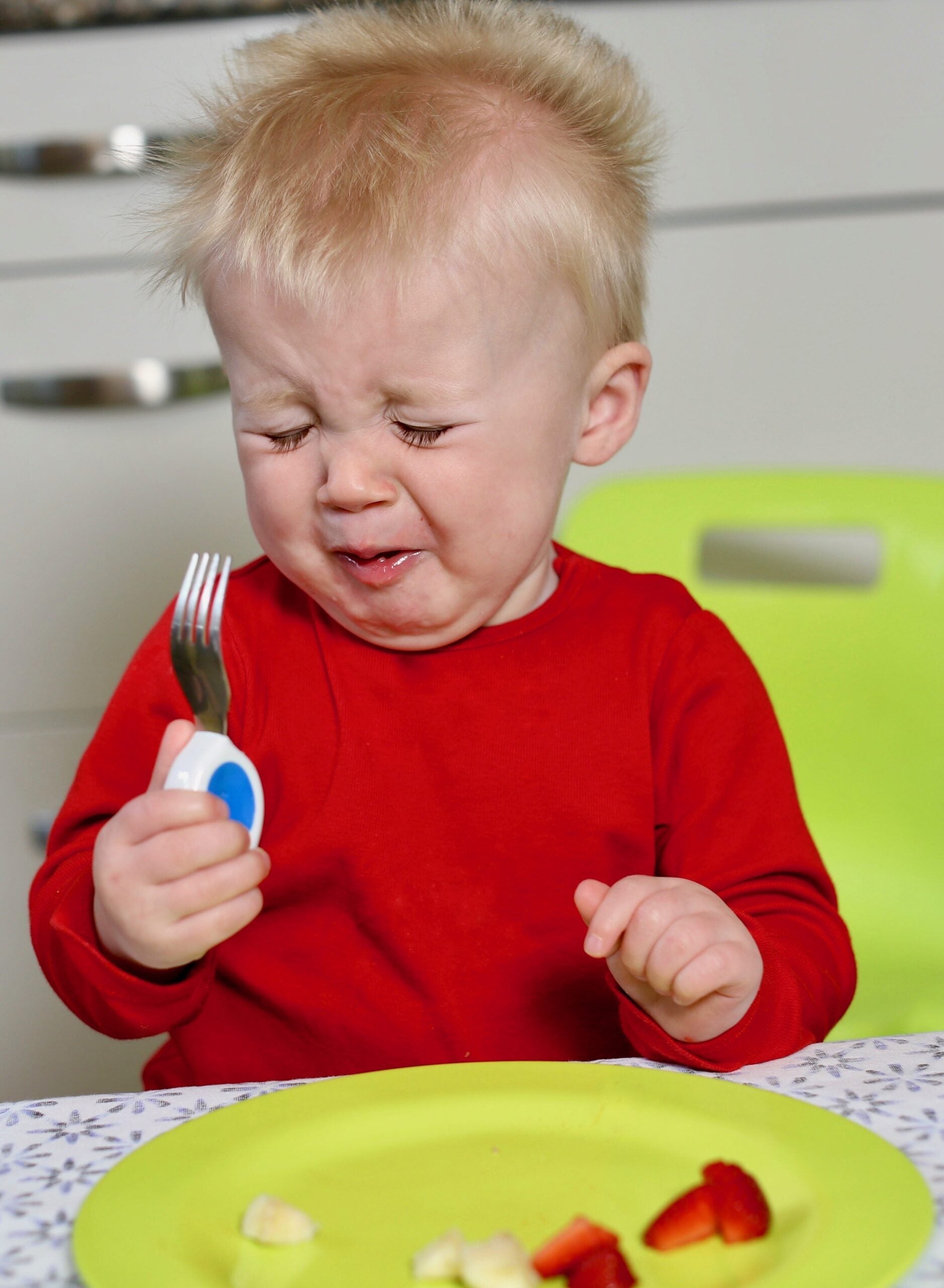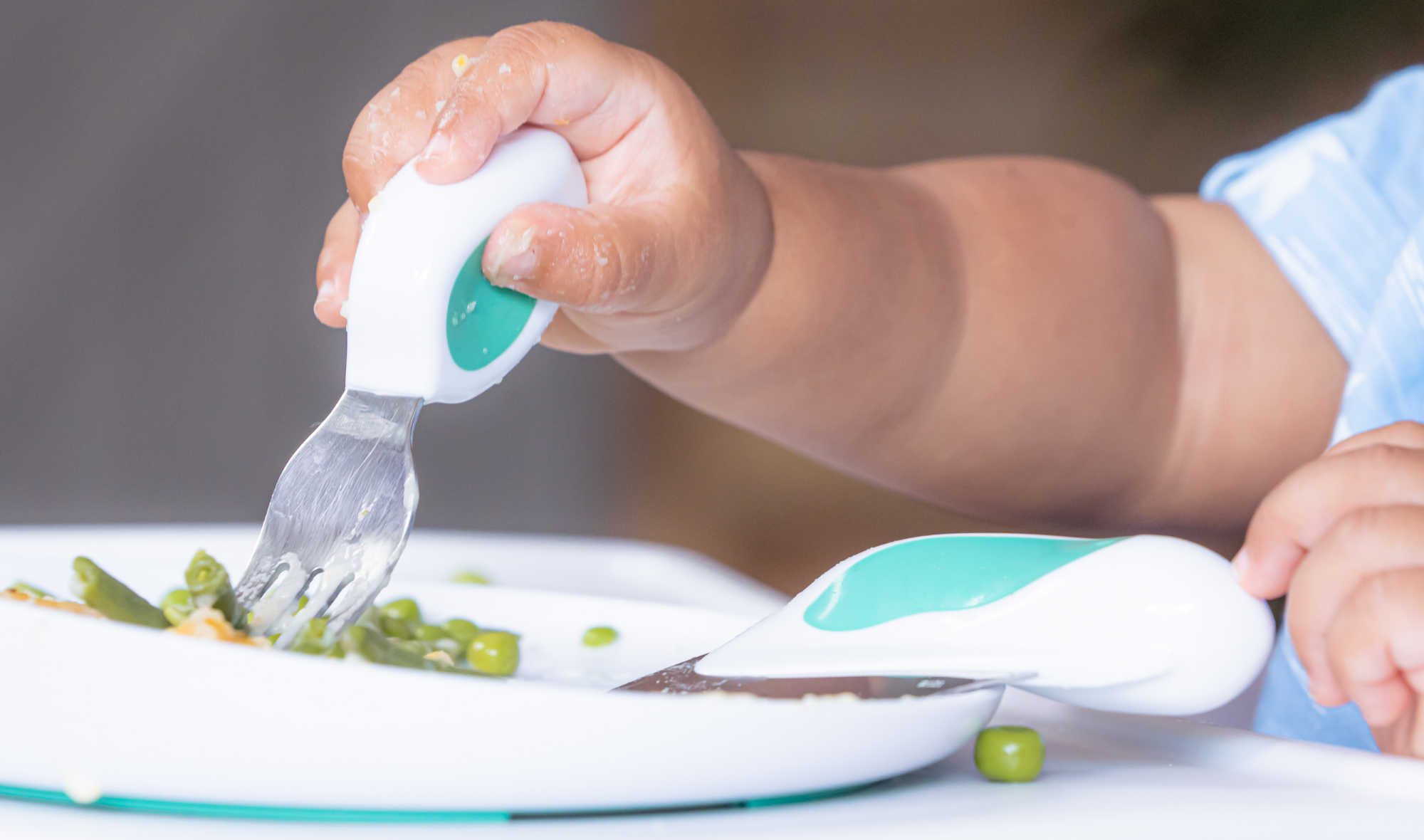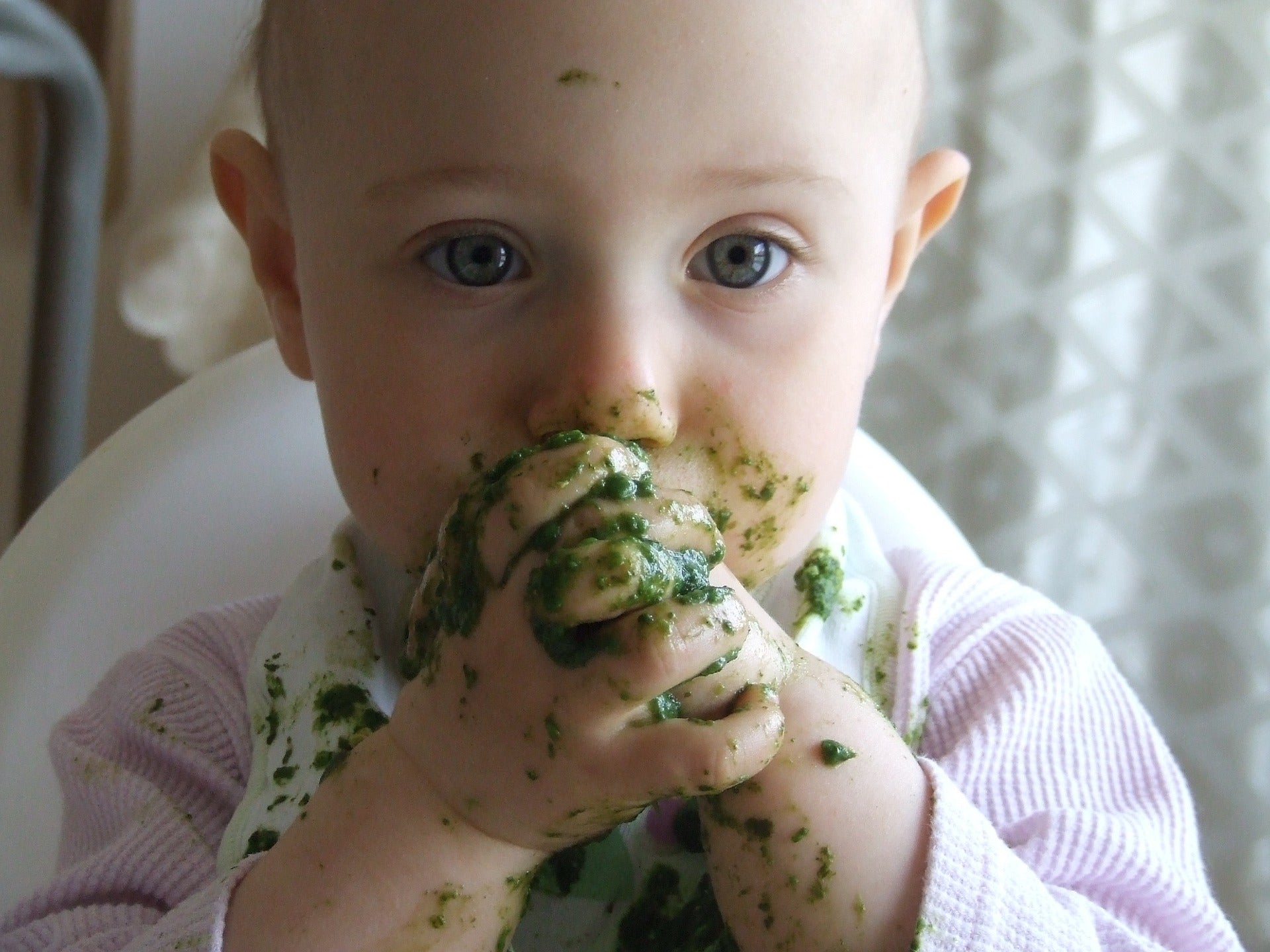by doddl expert partner Lucy Upton (The Children's Dietitian)
There is a huge amount of information out there for parents to try and digest when starting solids with their little one. It’s no wonder it can all get confusing. Tied into the advice, books and forums out there is tons of supportive information. But there's also plenty of misinformation and lots of weaning myths too. Based on common questions raised by our community of parents,
Specialist Paediatric Dietitian Lucy Upton, talks through some common weaning myths and facts.
MYTH: You can only feed a baby responsively if you are using a finger food/BLW* approach
*BLW = Baby Led Weaning Responsive feeding principles are grounded in paying attention to and responding to your baby’s hunger and fullness cues around feeds and food. Regardless of whether you’re feeding finger foods, purees or both – you can follow and respect your baby’s appetite.
MYTH: Babies should only drink cooled boiled water
It is safe for babies to have tap water to drink from 6 months of age. Cooled boiled water is only recommended before 6 months of age.
MYTH: BLW is the preferred or ‘best’ way to wean your baby
There is no ‘best’ and only way for your baby to learn about food, eating and how to progress with solids. The end goal for both BLW and more traditional puree/spoon-led feeding is the same. For baby to have a varied diet, have developed skills to eat a range of foods and enjoy eating!
MYTH: You should introduce one new food every three days during weaning
This approach really is not a necessity during weaning, unless clearly justified by your child’s health professional. One primary goal of weaning is to build up a good dietary range (aka dietary diversity). So baby has a varied nutrient intake, develops acceptance of a wide range of tastes and textures and even support building gut microbiome diversity. Introducing one new food every three days translates to only 2-3 new foods a week. This means building variety and experience is slowed right down. Whilst more caution is recommended around allergenic foods, for the majority of babies there is no need to follow this approach.
MYTH: Your baby HAS to be on three meals a day by the time they reach 7 months of age
Like any other aspect of a child’s development, each baby will progress at their own rate through introduction of solids. It’s common to hear that baby must have reached X number of meals by a certain point. But these supposed deadlines can really cause a huge amount of stress for parents during weaning. Based on babies starting weaning at around 6 months of age, many babies will be reaching three meals per day between 7-8 months of age. But for some they may reach this point by closer to 9 months of age. And now for some weaning FACTS, some of which may surprise you:
TRUE: Common food allergens should be put into your baby’s diet proactively during weaning
Based on scientific studies over the last 10 years, it is now widely recognised that introducing common food allergens e.g. peanut, egg, into a child’s diet during weaning can help support food allergy prevention. In view of this, it is recommended that common allergens are introduced during weaning one at a time. And in a safe age-appropriate form. For children at higher risk of food allergy e.g., those with a food allergy already or moderate/severe eczema, seeking support from a health professional is recommended.
TRUE: Herbs and spices can be used in babies’ foods right from the start of weaning
Babies do not need bland food! Use of fresh or dried herbs and spices can actually be encouraged during weaning. In this way we support that all-important diversity and experience with taste. And also allows baby to enjoy your family meals. The only one to be cautious of is hot chilli!
TRUE: Babies should be encouraged to get messy during weaning
Experiencing food with all senses is an essential part of learning about food, and feeling comfortable with new foods. Sensory exploration with food including looking, smelling, touching, playing and tasting is so important. So let your baby get stuck in. And try not to stress about the mess.
TRUE: There are no set portion sizes for babies during weaning
One of parent’s biggest anxieties during weaning is how much babies are managing at mealtimes. The reality is that babies are excellent at listening to their appetite, and self-regulating. Weaning is also about getting to grips with this complex task called eating, whilst also getting a good amount of nutrition from their ongoing breast or formula feeds. For these reasons (and more), there are no ‘set’ portion sizes for babies. It’s helpful to focus on feeding your baby responsively, and offering the right balance of foods. There will be days where you baby seems to manage lots, and others when it’s a little. That is completely normal.
TRUE: Delaying texture progression can cause feeding challenges later on for babies and children
Variety with texture is as important as taste during weaning. For babies there is a key window of opportunity known to fall between around 6-10 months During this stage they will be very receptive to grasping new textures and developing the skills needed to eat them. It’s common for texture progression to be delayed. This can be due to reasons such as fear of choking, reduction in amounts eaten as more challenging textures (past puree) are offered, or reliance on shop-bought jars or pouches. Texture progression e.g., introducing finger foods, moving towards larger lumps, mashed or minced textures is important. Babies found to have lack of experience or delay with progression are at higher risk of developing feeding difficulties or perceived fussiness around food. 'Weaning Myths - Fact Versus Fiction' is just one of our expert partner blogs. To read more from Lucy and our other experts, please check out the
doddl Parent Hub. Now Lucy has busted some of the common weaning myths, why not have a look at our range of doddl mealtime solutions? Our doddl baby cutlery, suitable for 6 months+ is perfect for introducing cutlery to your little one. The fork and spoon have smooth ends which feel comfortable in your baby's mouth. And the short handles encourage the correct grip.
Lucy is a highly experienced Paediatric Dietitian and Nutritionist based in the UK. She is passionate about helping children and their families achieve happiness and health with food and nutrition, no matter what challenges may stand in the way. Working in both the NHS and private sector, as well as being an advisor in early years public health and feeding therapy, means that she has a unique offering for children and families. Find Lucy on Instagram
@childrensdietitian, or on her website
www.thechildrensdietitian.co.uk





